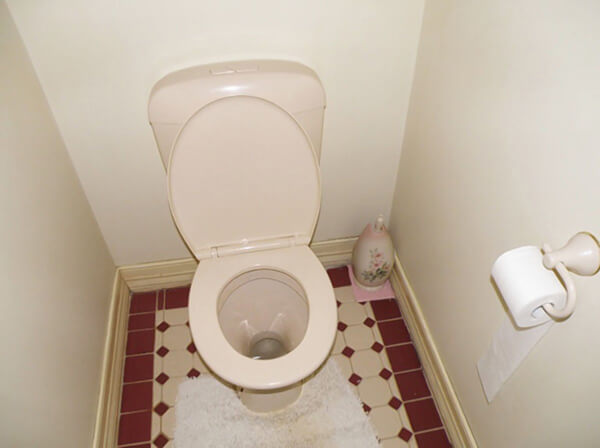By Gina Martinez
A proposed bill that would ban the sale of flushable wipes is being met with resistance.
New York lawmakers introduced a bill in February 2015 that would prohibit wipes from being labeled as flushable unless the wipes pass a test determined by the U.S. Department of Environmental Protection. According to the bill, any business that sold the wipes would face fines of up to $2,500.
Tom Grech, executive director of the Queens Chamber of Commerce, thinks the bill will directly affect small business owners throughout the city.
“It’s another one of those things put upon business owners in New York City making it difficult to have a business,” he said in an interview. “Besides, it’s ignoring flushing able vs. non-flushable wipes, broad stroking the entire operation. I believe imposing hefty fees on retailers is a big mistake, where there’s a will, there’s a way. If people want to use flushable wipes they’ll just get them online, which is another nail in the coffin for small business. Once you go online you’ll buy other things, making it more difficult in Queens and citywide to make a living, employ people and have a viable business.”
The bill was introduced by Brooklyn Councilman Antonio Reynoso as an attempt to help stop the clogging of the city’s sewer system. But David Rousse, president of INDA, the Association of the Nonwoven Fabrics Industry, believes the bill is a misguided effort. According to Rousse, the evidence gathered shows that almost 99 percent of what has been found clogging the sewers are not flushable wipes, but cloth towels, household cleaning wipes, feminine hygiene items, and others, items that are not designed for flushing. He suggest labeling.
“There’s a code of practice for labeling,” he said. “There should be a “do not flush “symbol on the packaging, not written out and not in English, so everyone who sees it can know. I believe labeling and education is key. A toilet is not a trash can, people should pay attention.”
Rousse also said that the test wipes will need to pass to be considered flushable are unrealistic.
“The bill is going to mandate that any wipes must pass test determined by the DEP and from our discussions with the DEP it has become clear to us that the test requirements are so rigid that no wipes on the marketplace could meet them,” he said. “This bill would effectively prevent any wipes from being sold.”
The bill is scheduled to go to a hearing committee on environmental protection in City Hall in March.
The wipes industry and the members I represent are a very responsible group of companies, doing the right thing and solving the real problem,” Rousse said. “I believe education is the solution, not legislation, we are willing to work to solve the problem.”
Reach Gina Martinez by e-mail at gmart




































